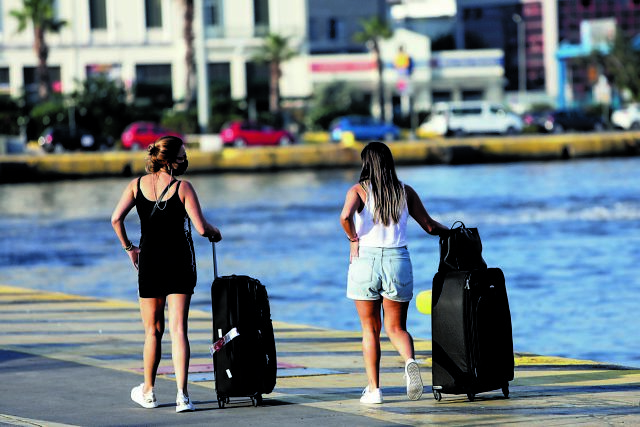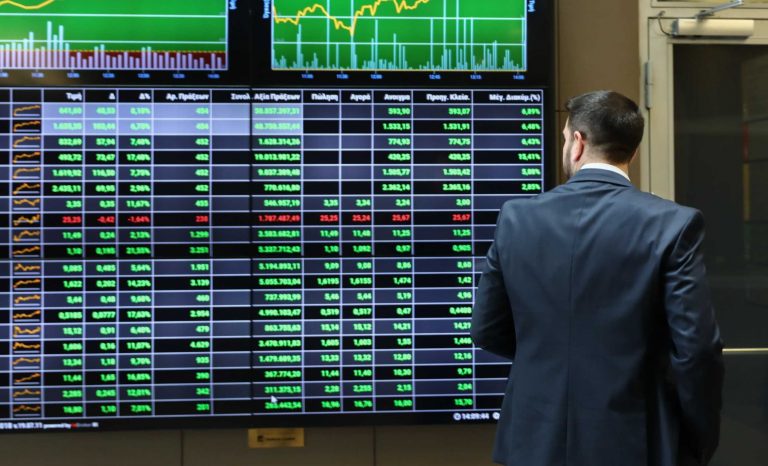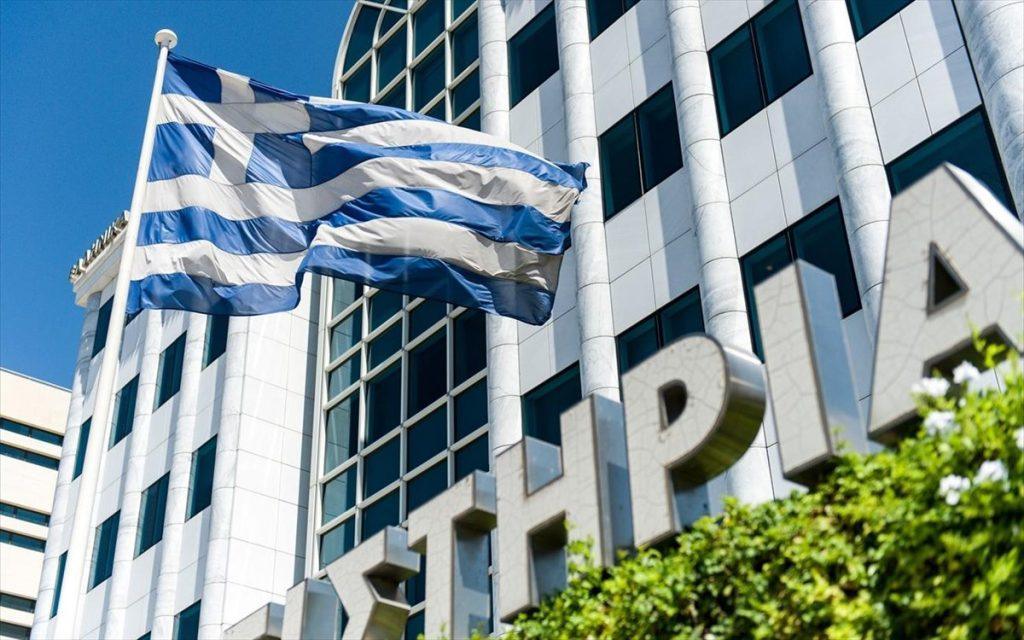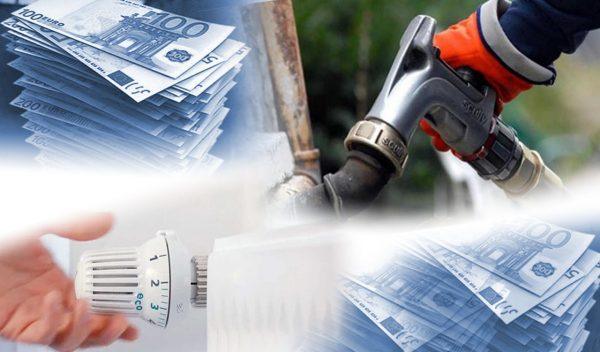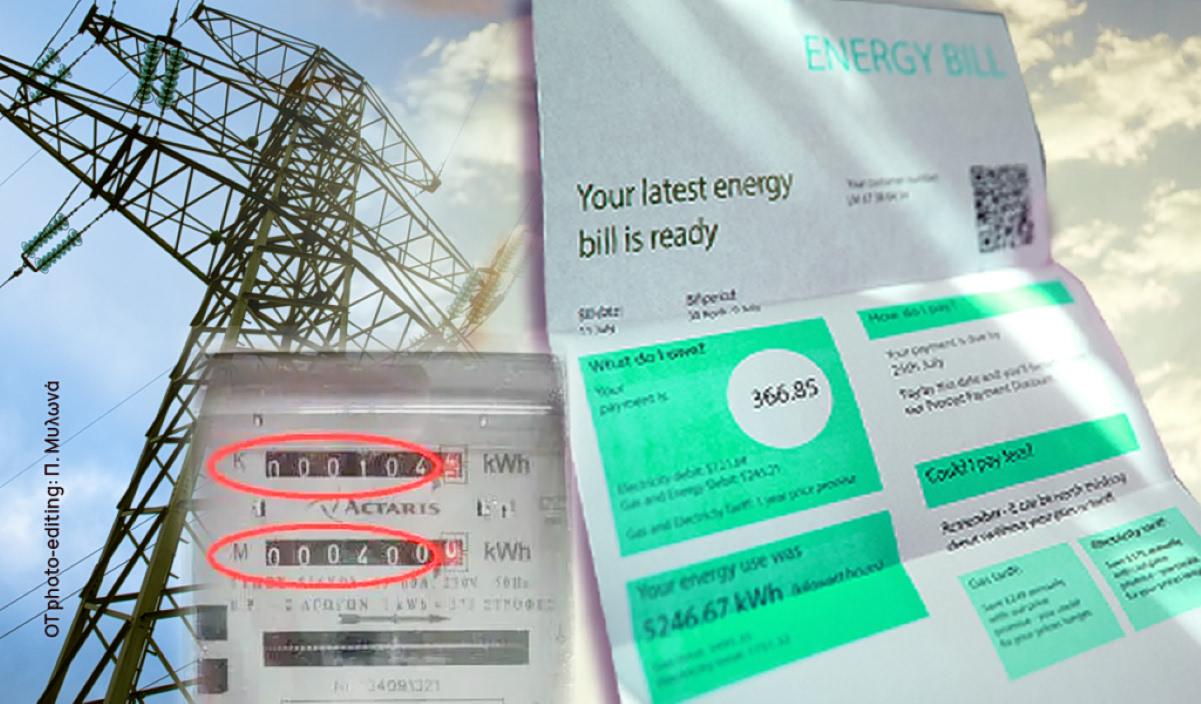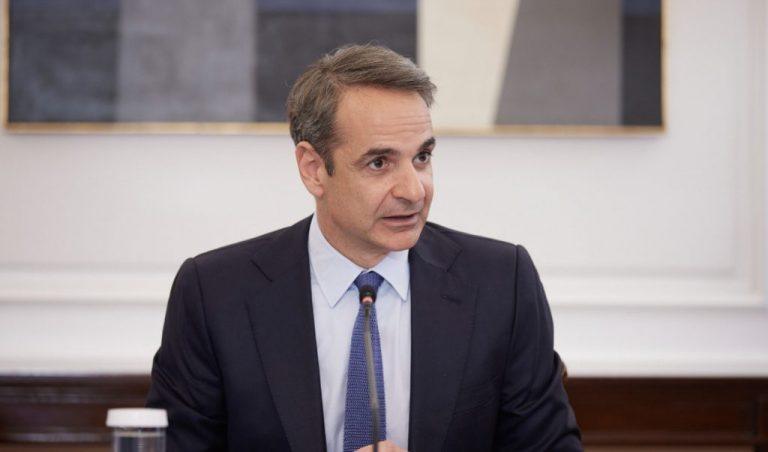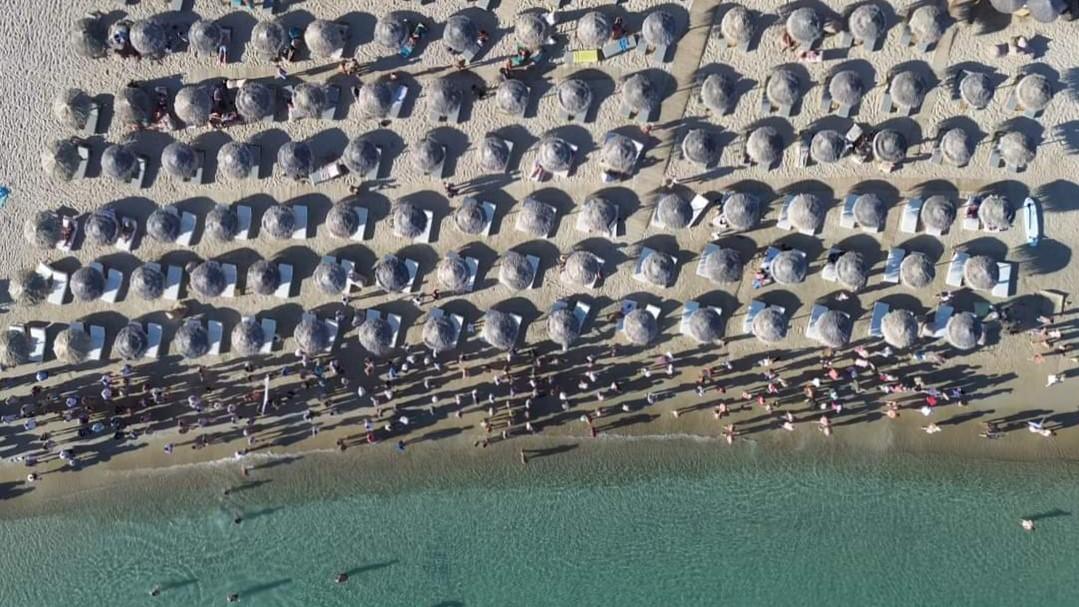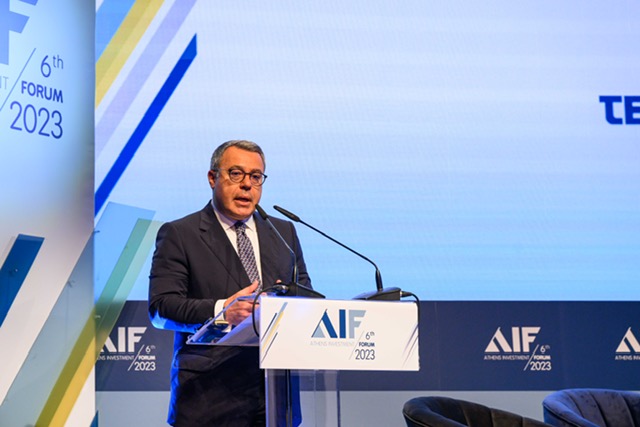The latest figures from the Bank of Greece show that the country is witnessing an influx of international tourists, but these visitors are spending less during their stays. While overall tourism revenue is increasing, this growth is due to the higher number of arrivals rather than increased spending, as the average expenditure per tourist has noticeably declined.
In May, total tourism revenue increased by 6.8%, while arrivals rose by 21.3%. However, the average spending per trip decreased by 12.2%.
The trend of decreased spending per trip began last year. Data from the Bank of Greece for 2023 shows that international travelers spent an average of 570.7 euros per trip, a decrease of 3.5% or about 21 euros compared to 2022. A further reduction of 3.6% is expected to bring the average expenditure down to around 550 euros.
Additionally, the average length of stay per trip fell by 11.2% last year, averaging 6.5 nights. Over the past two years, the 7% decline in average spending per trip is significant, especially given the intense inflationary pressures and steep price increases in various goods and services during this period.
The decline in tourist spending can be attributed to rising airline and ferry prices, prompting international travelers to rethink their budgets and cut back on accommodation expenses. The primary reductions are in the number of overnight stays, with many tourists seeking more budget-friendly ways to enjoy their holidays in Greece. This pattern is also evident in domestic tourism, as increased costs lead Greeks to opt for shorter vacations.
Moreover, the cost-of-living crisis is now affecting residents of wealthier countries, making them more cautious about their spending. Lastly, shifts in travel habits among younger generations are also influencing the tourism model.
Today’s European twenty-somethings (Gen Z), and even those in their mid-forties, spend less on each trip compared to their parents and grandparents (Baby Boomers).
A survey by consulting firm Simon-Kucher, involving over 5,400 European travelers, revealed that while Baby Boomers increased their travel budgets by 19% in 2024, Gen Z travelers only raised theirs by 1%. With rising costs of transportation, accommodations, and other travel expenses, this indicates that younger generations are significantly cutting back on their spending during trips.
Generally, those under 25 prioritize experiences over shopping, make extensive use of online apps, are better informed, and are more likely to seek “responsible” travel options that align with their values.
Source: tovima.com
